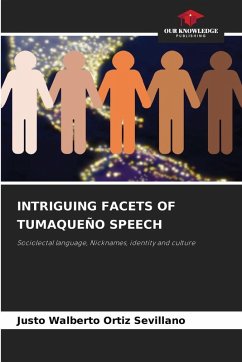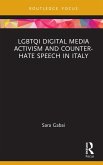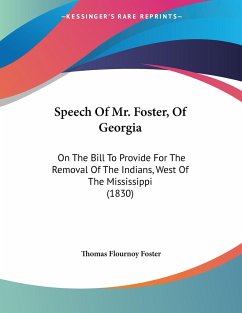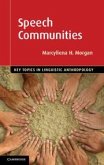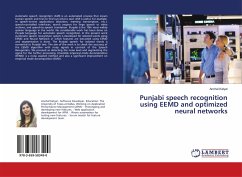This paper, from a sociolinguistic perspective, addresses the study of nicknames in the speech of people from different social classes who live in neighborhoods belonging to Communes (the political organizational structure of the Municipality) and from different educational levels in the city of Tumaco. Our interest, in turn, focuses on clarifying why people from diverse social classes currently use a "marginal" or substandard language, which has traditionally characterized and stigmatized others who live and interact in the same city habitat, regardless of whether or not they belong to their social class. Nicknames are a playful way of referring to someone. They are a special way of addressing a person, intended to highlight a special trait of their personality or something that differentiates them from others. Nicknames have been used for centuries as a way to affectionately refer to someone and add a touch of fun. They are also used to create a closer relationship between two or more people. Nicknames are often a way of expressing affection or love towards a special person.
Bitte wählen Sie Ihr Anliegen aus.
Rechnungen
Retourenschein anfordern
Bestellstatus
Storno

